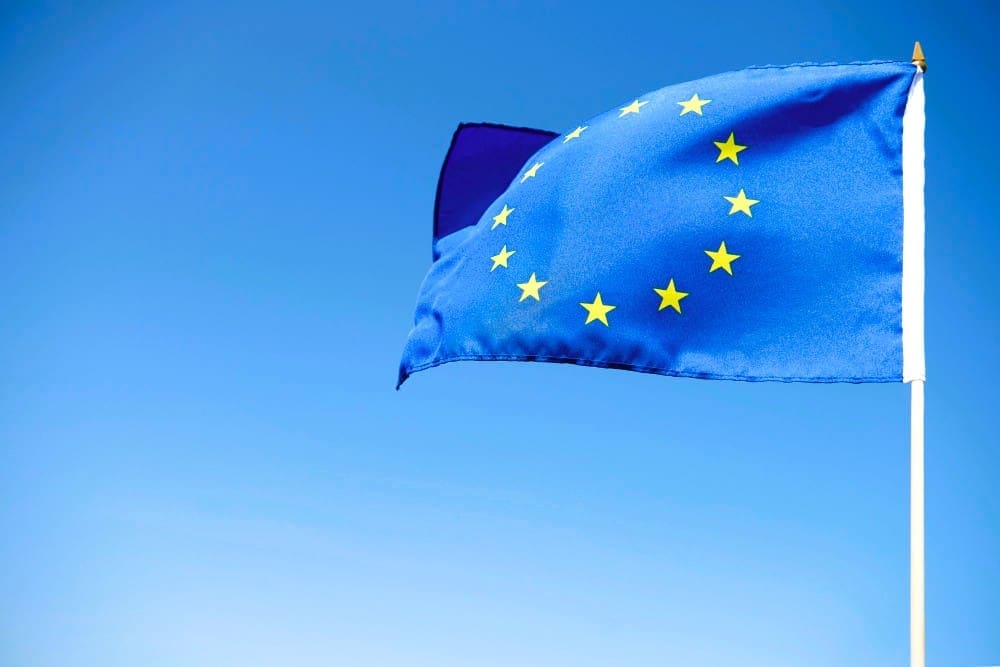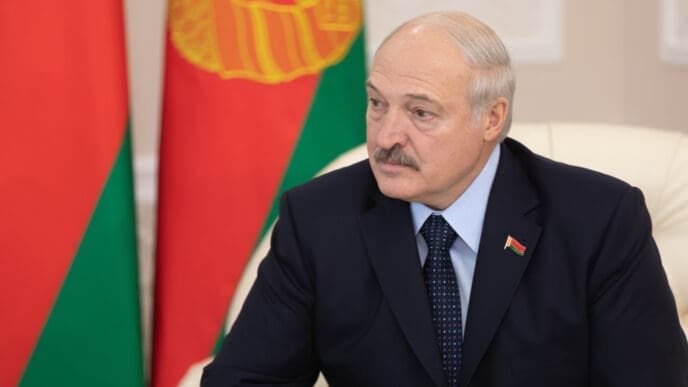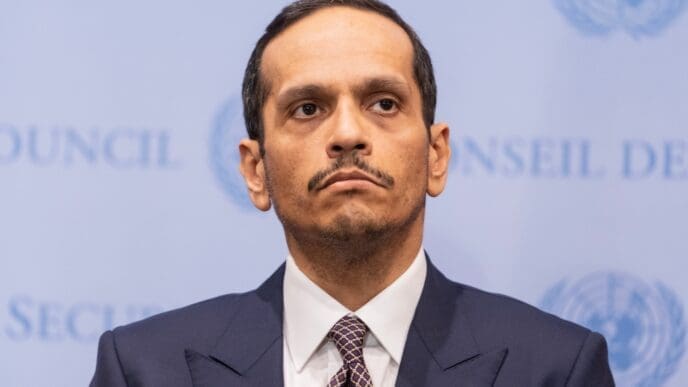The international response to Hungary’s recent legislative measures, which prohibit the public celebration of Pride parades, is intensifying. Many countries have voiced their opposition, labeling the law as an infringement on human rights and the right to assembly. The BENELUX countries—Belgium, the Netherlands, and Luxembourg—expressed their condemnation during an informal meeting of equality ministers, highlighting concerns over the impact on LGBTIQ+ rights and the restriction of peaceful assembly and freedom of expression.
Numerous European nations, including Austria, the Czech Republic, Denmark, Estonia, Finland, Germany, Ireland, Lithuania, Portugal, Slovenia, Spain, and Sweden, have echoed this sentiment, supporting the BENELUX statement. France issued a separate, strongly worded rebuke, while Greece and Cyprus used broad language to criticize recent developments within the bloc, implicitly addressing the situation in Hungary.
The controversy stems from an amendment to Hungary’s constitution, fast-tracked by the ruling party, which heavily restricts public events deemed contrary to the Child Protection Act. This legislation significantly limits depictions of homosexuality and gender reassignment, effectively banning events like Budapest’s annual Pride parade. The amendment further empowers authorities to use facial recognition technology to identify and penalize organizers and attendees of such events, imposing fines that could be enforced as taxes.
Additionally, the constitutional amendment prioritizes children’s rights over other fundamental rights, except the right to life, and legally recognizes only two sexes, excluding transgender and intersex identities. It also enables the suspension of dual citizenship for some Hungarian nationals under certain conditions.
These legislative changes align with Prime Minister Viktor Orbán’s agenda, which he describes as “illiberal.” Orbán has introduced laws targeting the LGBTQ+ community, migrants, and civil society, emphasizing a stance against what he terms “woke ideology.” His policies have exacerbated tensions between Hungary and the European Union, with the European Commission pledging to support the LGBTQ+ community and considering legal action against Hungary’s new laws.
The Commission is currently reviewing the constitutional changes to assess their compatibility with European law. The law’s potential breach of fundamental rights and its possible conflict with the Artificial Intelligence Act, which regulates the use of facial recognition by law enforcement, are under scrutiny. A lawsuit could add to the existing legal challenges Hungary faces, including a case before the European Court of Justice concerning the Child Protection Act.
Hungary’s strained relationship with the EU extends beyond LGBTQ+ rights. The country faces a daily €1 million fine for non-compliance with EU migration and asylum rules, and Prime Minister Orbán’s pro-Russian stance has further alienated him from the Commission and other member states. Hungary’s opposition to Ukraine’s EU membership bid and its threats to block sanctions against Russia have prompted discussions among diplomats about alternative strategies.
The Evolving Landscape
The implications of Hungary’s legislative changes are far-reaching, affecting both the domestic and international landscape. For Hungary, these laws represent a significant shift in societal norms and legal frameworks, potentially impacting the lives of LGBTQ+ individuals and their allies. The restrictions on public assembly and expression could lead to a chilling effect, limiting the community’s visibility and advocacy efforts.
Internationally, Hungary’s actions have strained relations with the European Union and other member states, potentially affecting diplomatic relations and collaboration within the bloc. The EU’s consideration of legal action underscores the seriousness of the situation and the potential for prolonged legal and political battles. This evolving situation could influence future EU policies on member state compliance with fundamental rights and the balance between national sovereignty and EU regulations.
For ordinary citizens, these developments may impact perceptions of Hungary on the world stage and influence public opinion on human rights and equality issues. The international backlash could also affect Hungary’s tourism industry, as travelers may reconsider visiting a country perceived as restrictive and intolerant.














